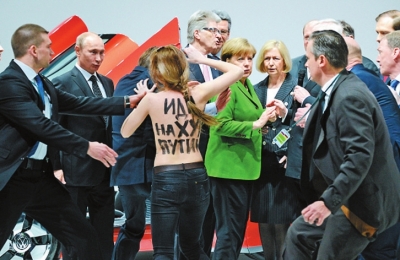Greece and Germany

Antonis Samaras, the prime minister, need not have worried. The European Union’s toughest advocate of austerity gave a positive message, even if it was typically cautious. Mrs Merkel said she hoped and wished that Greece would remain a member of the euro zone, praised the country’s progress with cutting expenditure and offered “practical” assistance with structural reforms, such as German expertise on overhauling tax administration and modernising local government.
譯文屬譯生譯世











